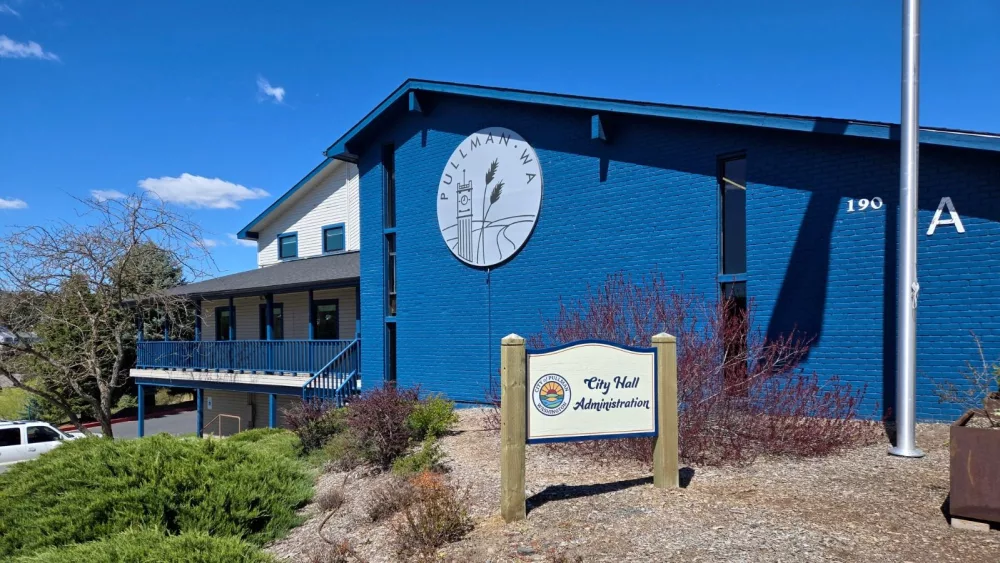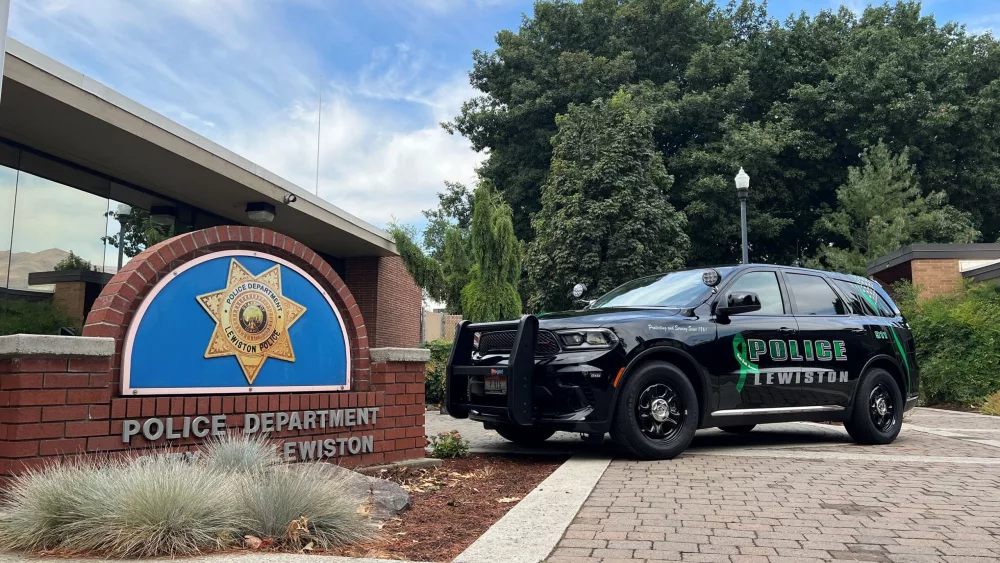(The Center Square) – Halloween typically means costumes, candy, and a creepy good time. This year in Washington state, Halloween also means Gov. Jay Inslee’s COVID-19 state of emergency ends more than two years after he declared it.
Last month, Inslee announced Oct. 31 would be the last of day of his emergency declaration.
On February 29, 2020, Inslee declared a statewide emergency in response to the novel coronavirus that was spreading across the globe. Under the state of emergency, the governor issued scores of additional proclamations ranging from shelter-in-place orders to school closures to a moratorium on evictions to vaccine and mask mandates.
“While we are grateful for the thousands of lives we saved together, thousands of lives were also lost, and many more were changed forever,” Inslee said in a news release last week in anticipation of Monday’s end of the emergency order. “The past two and a half years have been some of the hardest anyone can remember. Through the loss and suffering, we did not lose faith and we did not abandon each other. Working together, we saved countless thousands of lives.”
Inslee’s office touted Washington having the fifth-lowest COVID death rate in the country, according to the Centers for Disease Control and Prevention, and noted that every county in the state has low community transmission levels.
Inslee’s office said if the entire country had the same death rate as Washington, around 433,000 lives could have been saved.
Some Republican legislators saw the end of the emergency declaration as more trick than treat in terms of good governance.
“We need to ensure that when the next emergency comes along, as it surely will, the legislative branch has the authority to review all emergency proclamations from the governor, and put time limits on them when appropriate,” Sen. Lynda Wilson, R-Vancouver, said in a Monday statement.
She continued, “Under current law we can’t touch orders that prohibit activities like in-person classroom instruction, gathering with loved ones and engaging in normal business practices. That needs to change. The huge amount of learning lost by our K-12 students and the challenges that means for their families are reason enough for us to say ‘no more.’ We should also look at changing the law so the Legislature can control how long a state of emergency lasts.”
During this year’s legislative session, lawmakers failed to pass emergency powers reform.
Sen. John Braun, R-Centralia, agreed with his colleague in his own Monday statement.
“Ending the state of emergency is long overdue,” the Senate Republican leader said. “Washington was under one-man rule for 975 days. With this finally behind us, I hope the majority party will be willing to discuss legitimate bipartisan reform of the governor’s emergency powers.”
This is an issue that should cut across party lines, according to Braun.
“It doesn’t matter what party the governor belongs to – shutting the people out of the decision-making process is wrong,” he said. “The reforms we have proposed wouldn’t prevent future governors from declaring a state of emergency or issuing executive orders to respond to an emergency. They would, however, preserve legislative oversight and approval if the declaration continues beyond 30 days. That’s reasonable reform and it needs to happen in 2023.”
The state Supreme Court recently announced it has agreed to hear a case – Gonzales, et. al v. Jay Inslee & State of Washington – challenging the authority for the governor’s emergency powers. Oral arguments are scheduled for Feb. 23, 2023.




